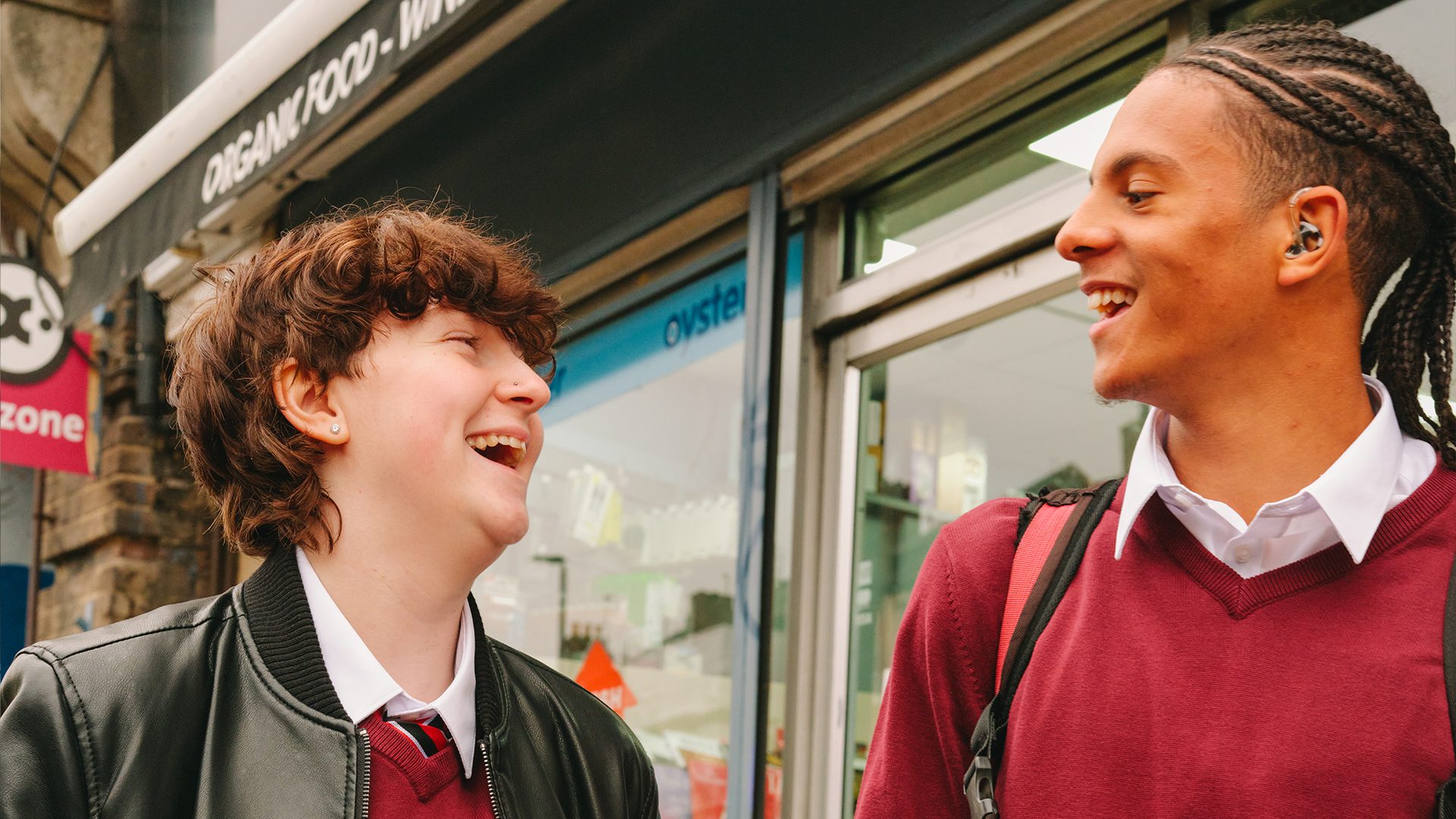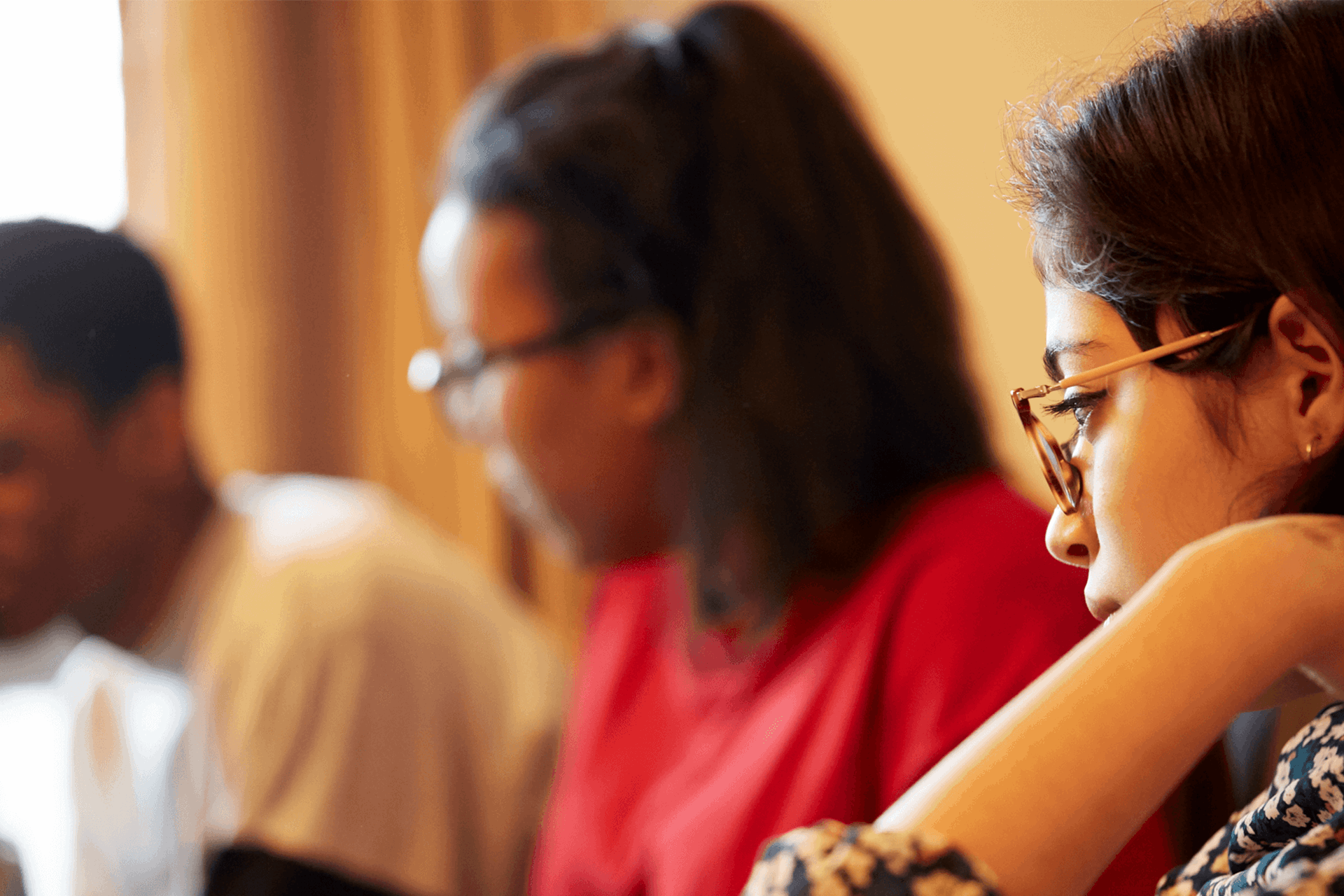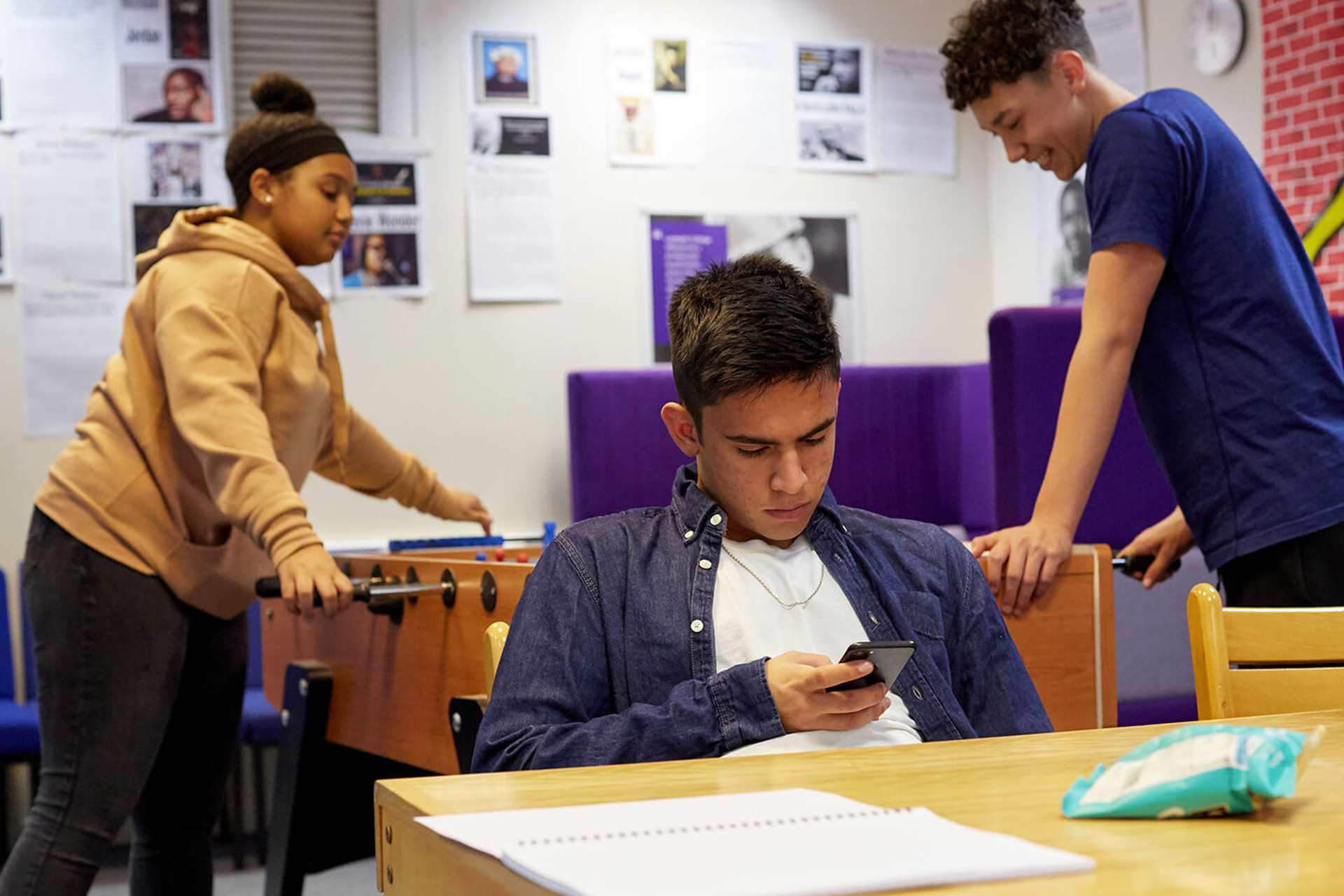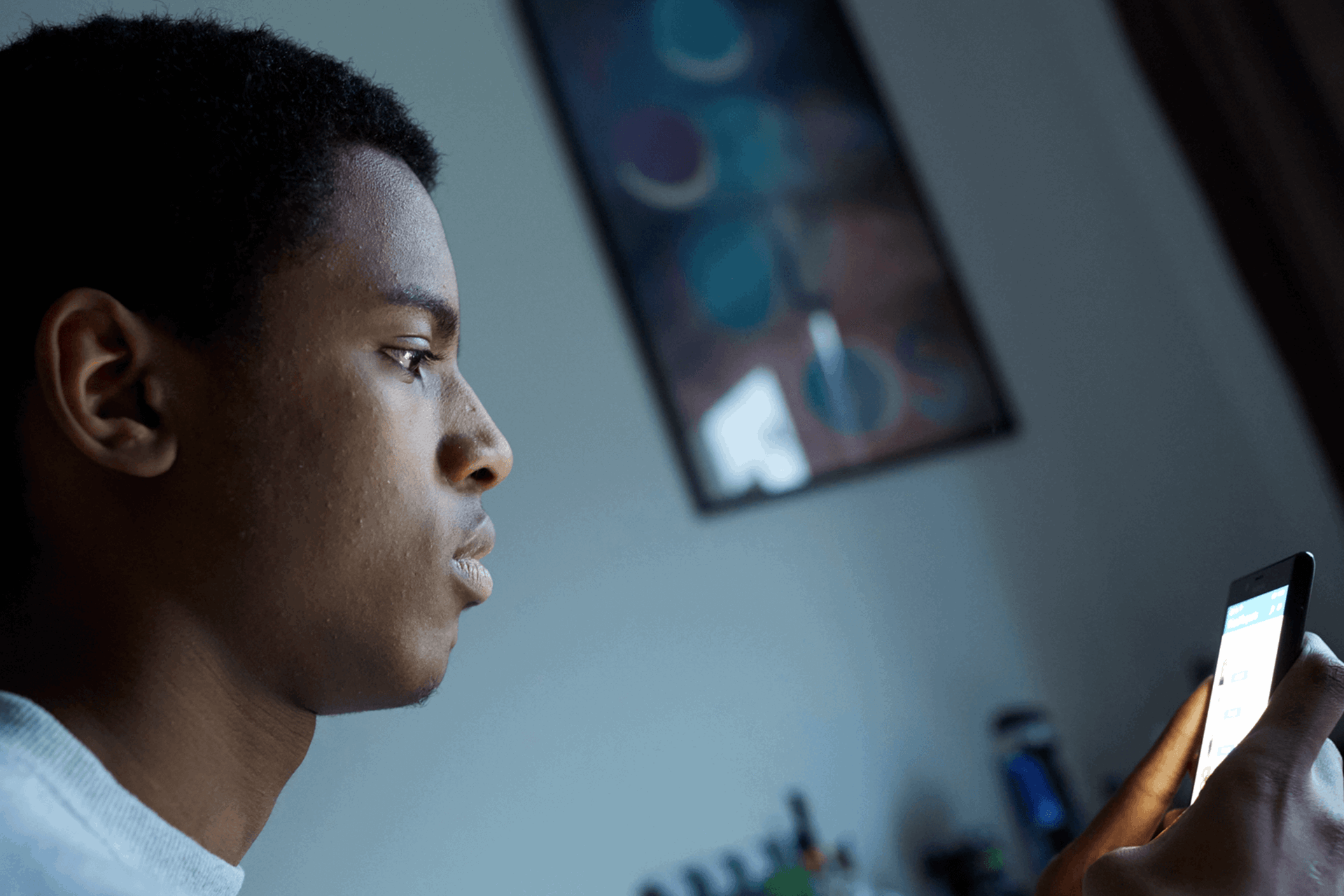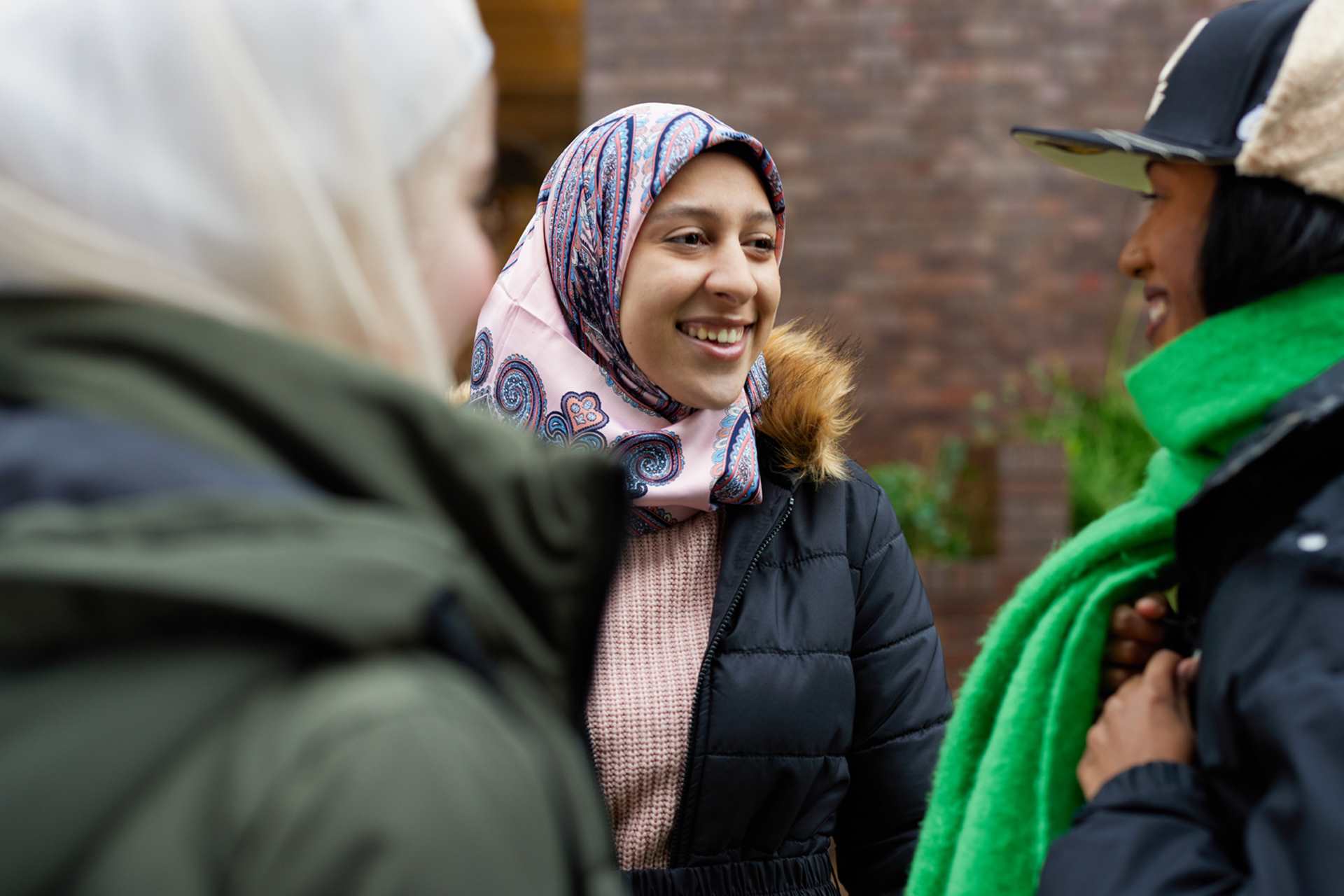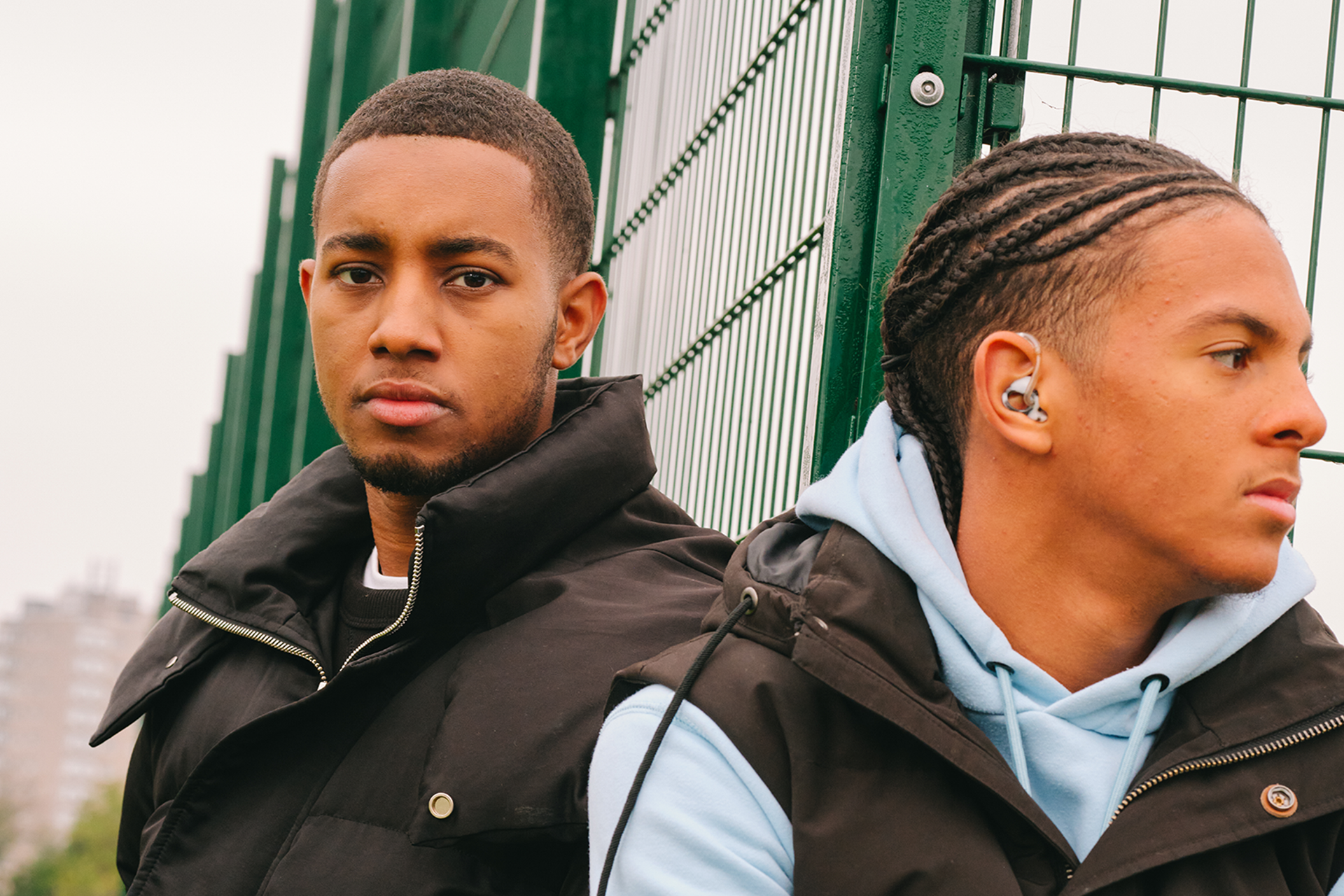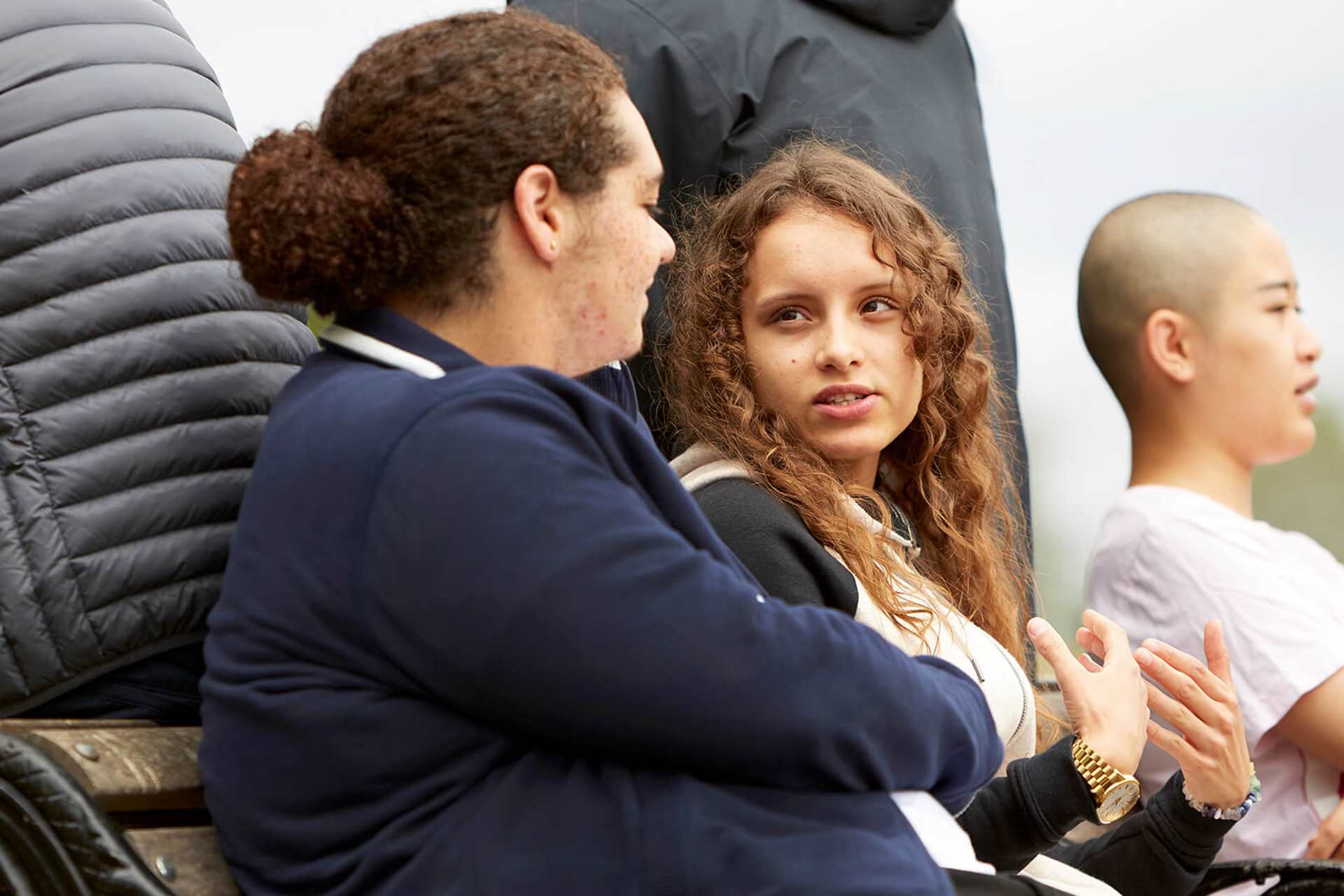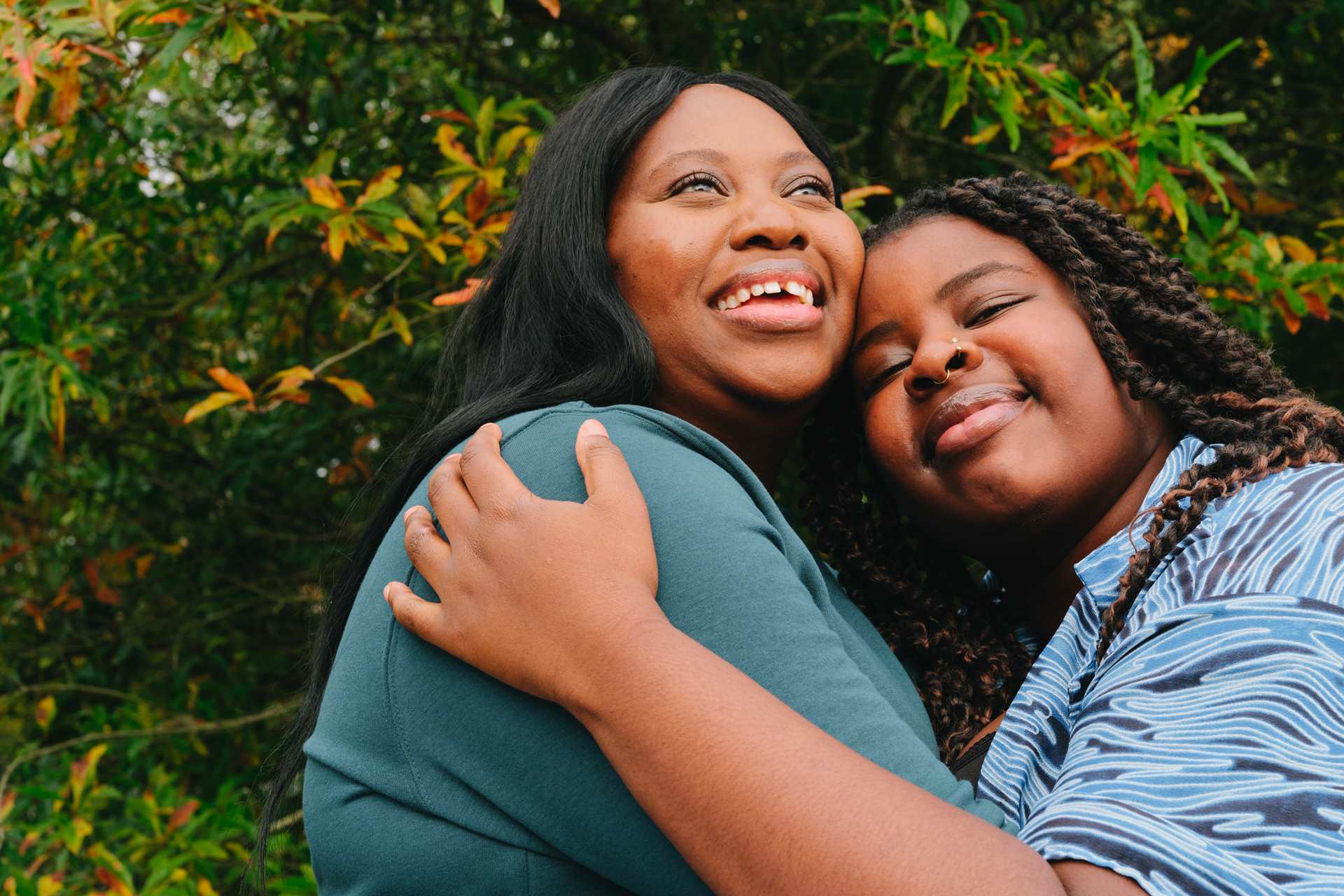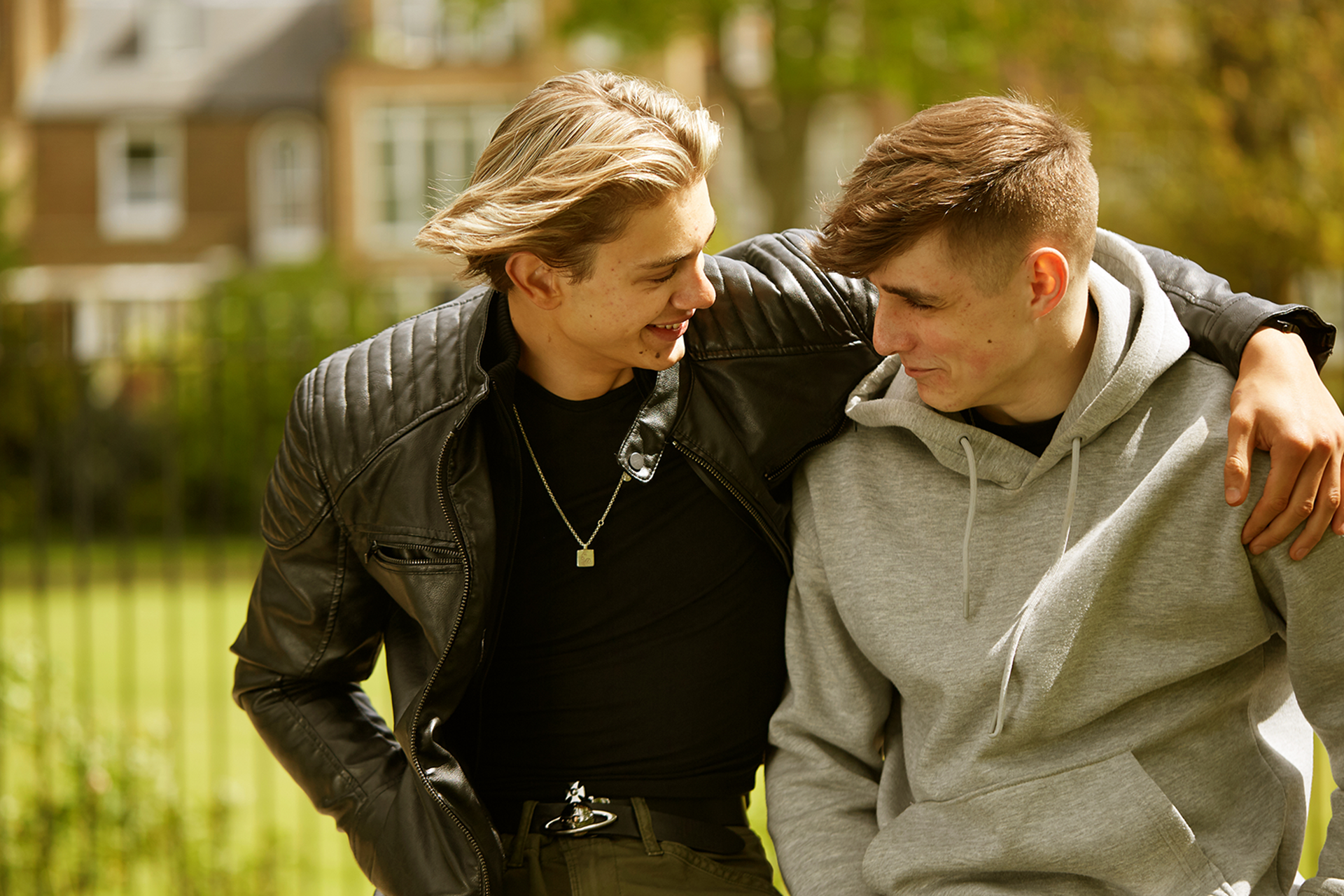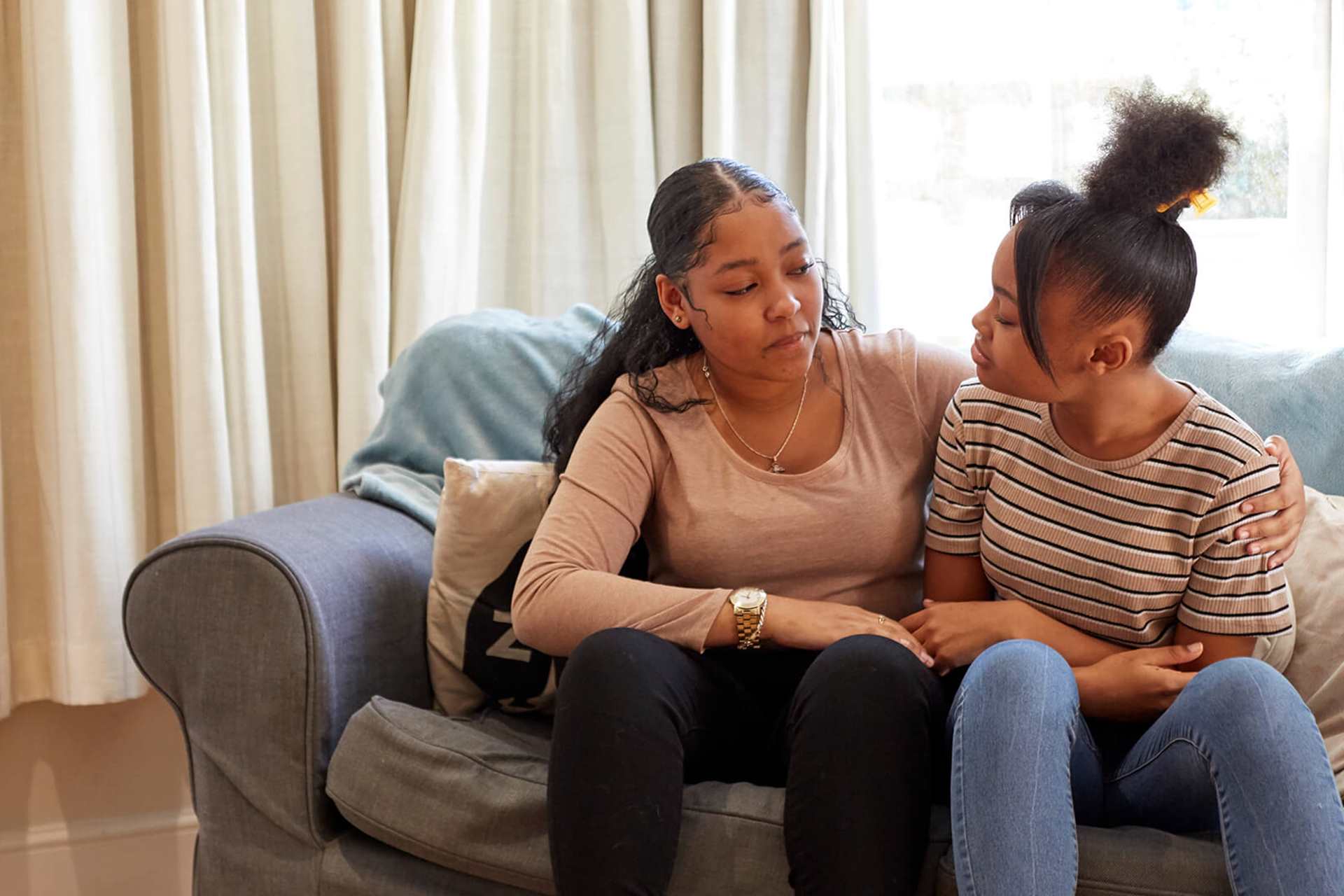Topics mentioned: disability and mental health, autism and mental health, school, bullying
About: From understanding their experience at school to getting the right support, here's how Charis' deaf and autism diagnosis changed their life for the better.
Being hard of hearing with no support in educational settings didn’t help either with the frustration and stress.
Growing up, especially in school, I always knew I was different from other children my age, but I didn’t know what was different about me. The world was more muffled for me, and I thought everyone else heard the world the same way I did.
In school I was always called the ‘special’ child. The child who always followed the rules and would tell the teacher if someone didn’t follow the rules. The child who was always serious, and would get bullied for being more quiet and the best student in the class. In primary school, none of this made sense to me and I was just living life like normal.
But after more than 17 years, I received my deaf and autism diagnosis. This changed my perspective of all my past experiences, and changed my life for the better.
Realising I wasn’t the weird child – this is how my brain works
All my life I’ve been autistic and since I was five, I’ve been hard of hearing with progressive hearing loss. It’s only recently, a little over 18 years old, I finally received both diagnoses. I felt like I wanted to cry when I received them both. Just to get some answers and to know who I am without questioning myself all the time was a relief.
Since I was in school, I’ve always wondered why I was different to my friends and other classmates and why I was the ‘weird’ one. No, I wasn’t weird. I’m autistic and this is who I’ve always been. Being hard of hearing with no support in educational settings didn’t help either with the frustration and stress.
Now, it’s like my mind can be put to rest. I’m no longer questioning my behaviour and thoughts 24/7. I can just live life to the fullest.
I was also lipreading without thinking about it, so my brain was always on the go to focus on what people were saying.
Knowing my boundaries
Before my autism diagnosis, I didn’t understand why I was so tired after socialising with friends and family. I’m a very active person and always have been with sports and other after-school activities, so I thought I was just worn out because I was always so busy. But no, it wasn’t that. I didn’t realise it was because I was burnt out. I was also lipreading without thinking about it, so my brain was always on the go to focus on what people were saying.
Now having both diagnoses, I know how to properly look after my health to help myself recover from burnout. That can be simple things, like watching my favourite comfort movie, having a nap in the day, or just relaxing throughout the week to build myself back up.
Burnout can also lead to frustration, especially for the autistic community. I really have seen the importance of resting when need to so I’m ready with a clear mind and can start socialising again.
Sometimes I do feel nervous or ashamed for asking for support, but I’ve come to the realisation that support is what helps me fulfil my life and do my work properly.
Receiving the support I need
Because I didn’t have both diagnoses then, I didn’t receive any support in school or college. Now, having both diagnoses has enabled me to receive the support I need.
Support can include having a British Sign Language (BSL) interpreter at work or other educational settings. I can let my work know that I’m autistic, so they can support me in the best way. I don’t overwork myself and having tools at home to help me if I have any sort of sensory overload.
Sometimes I do feel nervous or ashamed for asking for support, but I’ve come to the realisation that support is what helps me fulfil my life and do my work properly. This is why I need to be open about any support I think I will need.
I know there is support out there for me and there’s nothing stopping me from doing what I want to do. I’m travelling to South Africa on my own this year and I still can’t believe I’m doing it!
Feeling more confident in myself
Confidence was something I really lacked when I was younger, but now I know fully who I am. I know there is support out there for me and there’s nothing stopping me from doing what I want to do.
I’m travelling to South Africa on my own this year and I still can’t believe I’m doing it! Airports have always made me really nervous, but my Mum has ensured that escorts can be booked to help me make my way around. That was so encouraging to hear.
I also think being a Content Creator on both Instagram and TikTok has built up my confidence so much. I share my experiences with other young people and encourage them too. I also use BSL and since I’ve been using it daily, I have definitely seen my confidence grow.
It all comes back to having the right support put in place. It can help you do anything you set your mind to.
It’s like my mind can be put to rest. I’m no longer questioning my behaviour and thoughts 24/7. I can just live life to the fullest.
More information and advice
We have tips and advice to help you find the support you need. Take a look at our guides.
Where to get help
However you're feeling, there are people who can help you if you are struggling. Here are some services that can support you.
-
National Deaf Children's Society (NDCS)Offer
Supports Deaf children, their families and professionals working with them.
Offers a SignVideo service for BSL users through their helpline.
- Opening times:
- 9am - 5pm, Monday - Thursday; 9am - 12:30pm, Fridays
-
Scope
Provides practical information and emotional support for Disabled people.
- Opening times:
- 9am - 6pm, Monday - Friday; 10am - 6pm, weekends
